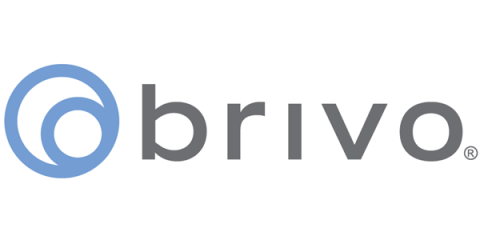Evolving Workspaces: Navigating Security in the New Normal
In today's rapidly changing work environment, understanding and adapting to new work behaviors is crucial for maintaining security and efficiency. Join us at Brivo as we dive deep into the challenges and solutions for securing evolving workspaces. 🏢👩💻 From remote work dynamics to the integration of smart technology, we're covering it all. Discover how to safeguard your business against emerging threats and leverage technology for enhanced security and productivity. 🔐🛡️











